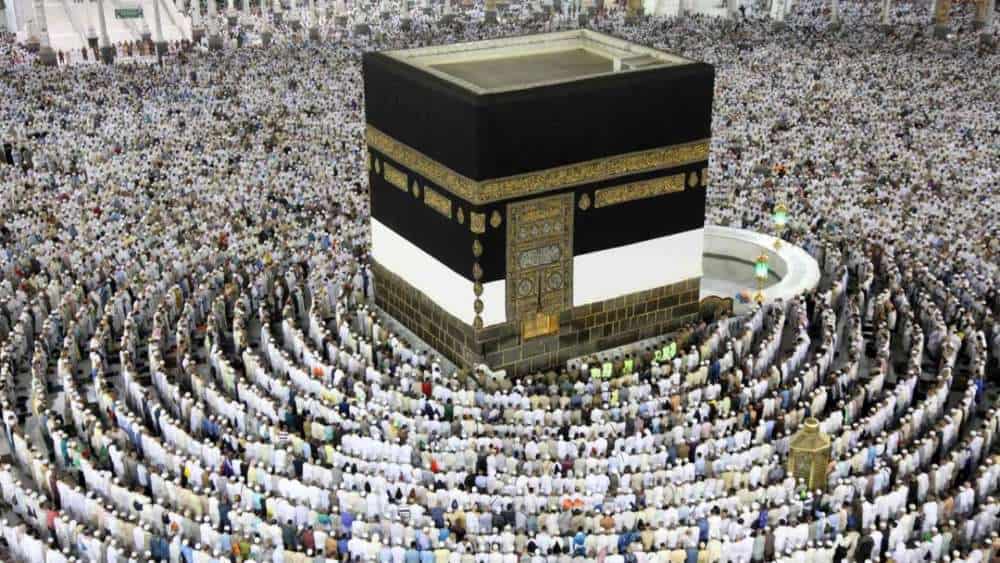New Delhi: Saudi Arabia has effected a nearly six-fold increase in visa fee, an order which can make Haj pilgrimage very costly, according to a media report, which said many Muslim countries were angry over this move.
Revised visa fees
The report said that a single entry visa will now cost $533, up from $93, a multiple entry, 6-month visa would cost $800 and a one-year visa would cost $1,333.
The revised visa fees affect all tourists, religious or business visitors, but exempts those travelling for the first time to perform the annual Hajj pilgrimage or the lesser, non-mandatory pilgrimage known as the Umrah, said the report in Quartz Africa.
The pilgrimage involves considerable costs for visitors, especially for transportation and lodging.
The plan, which was based on a recommendation from the Saudi Ministries of Finance and Economy, came into effect on October 2 and coincided with the beginning of the new Islamic year, the report said.
Kingdom’s dependence on oil
The new rules are seen as part of a wider campaign to lessen the kingdom’s dependence on oil and to increase revenues in other areas, including immigration fees, it said.
Saudia Arabia, which is the biggest oil producer in the world, has been significantly impacted by falling oil prices.
In September, the Saudi government announced it would cut the wages and allowances of civil servants for the first time. It came against the backdrop of the prolonged war in Yemen that Saudi Arabia has been engaged in.
The move to increase the fees could be very significant for the kingdom, given that millions of Muslims undertake the pilgrimage to Mecca and Medina every year, the media report said.
The move has incensed many Muslim countries or those with a large Muslim population, it said.
Reaction
Moroccan travel agencies agreed to boycott servicing the trips to Mecca until the exorbitant fees were abolished, the report said, adding Turkey, Egypt, and Nigeria have all expressed their opposition to the new plan. Muslims in South Africa started a petition calling the visa fees “inhumane”, and asked the Saudi government to either scrap the payment or to drastically reduce them.
Yusuf Abramjee, the secretary-general of the council of Muslim theologians in South Africa said that the community understands that “the state of the global economy is one of the reasons” pushing the Saudi government to take these measures, the media report said.
“But again, you cannot go and profit from pilgrims. It is wrong. Our religion forbids that.” So far, he said, communication with the Saudi government hasn’t been forthcoming. “All the calls for clarity have gone on deaf ears,” Abramjee was quoted as saying.
The number of people who can perform the hajj are determined by a Saudi government quota and has been dwindling over the last few years due to a mix of expansion plans, or to limit diseases like MERS, a respiratory infection, or Ebola.

